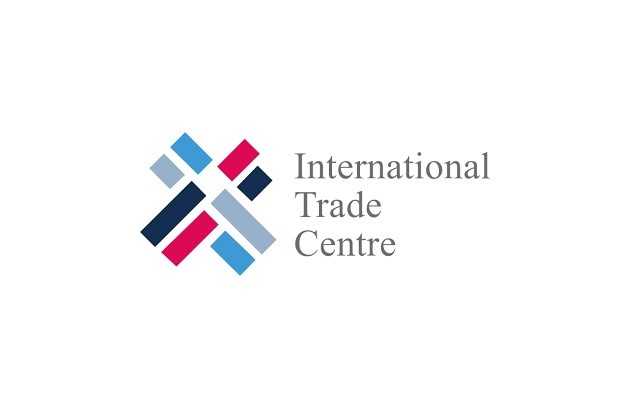GENEVA, Switzerland – The International Trade Centre’s Coffee Guide is the world’s most comprehensive, practical source for the international coffee trade – a practical tool for producers, exporters, and other value chain stakeholders. The fourth edition includes the trends of the last decade, especially for quality, digitalization, climate change, finance and risk and consumer preferences.
It is now also available in Portuguese (next to English, French, Spanish). The translation pays tribute to all coffee sector stakeholders across countries who wish to learn about and develop their knowledge in this environment.
Globally accessible online and free of charge, the Coffee Guide builds on the collaboration with more than 70 coffee industry experts and organizations from across the globe, from seed to cup, to chart a path towards a more sustainable future for the industry.
The Portuguese edition was launched in print through the International Trade Centre’s Alliances for Action initiative at the International Coffee Week, Semana Internacional do Café (SIC) in Belo Horizonte, Brazil with 20,000 participants. The International Trade Centre launched the online version of the translation to a global audience at the 10th Summit of OACPS Heads of State and Government in Luanda, Angola.
“The time has come for the industry to build back better, but with the right foundations,” says Pamela Coke-Hamilton, Executive Director, International Trade Centre. “Farm-level income must grow sustainably to secure the coffee industry’s future. Public–private partnerships, alliances between supply chain operators, and policy are also instrumental to drive it towards widespread change. This guide is a step towards providing insights into making this possible.”
The Coffee Guide is one of the tools engaged, along with projects and programmes in the coffee sector that work on supporting coffee producers and micro, small and medium-sized enterprises in Latin America and worldwide.
The guide explores the importance of value addition at origin, shifting dynamics in consumption, South-South trade and supporting the development of coffee consumption in producer countries where it is often still low.
The translation was facilitated thanks to CLAC and the International Coffee Organization (ICO). The Brazil Speciality Coffee Association (BSCA) was another important contributor to and advocate of the guide.
Building partnerships worldwide
The International Trade Centre’s Alliances for Action programme, through its partnership with CLAC, the ICO and other key partners from the industry is actively working to bridge the knowledge dissemination gap between developed and developing (often coffee-producing) countries.
Together with ITC, they are implementing the Fairtrade ‘Golden Cup’ coffee quality contest. Across 13 countries, Fairtrade coffee producers compete to see who has coffee of the highest quality.
In a friendly atmosphere, the competition allows producers in each country to share their best coffees, exchange information and learn more about coffee quality. It focuses on promoting value addition in-country and developing competitiveness on global markets.


















